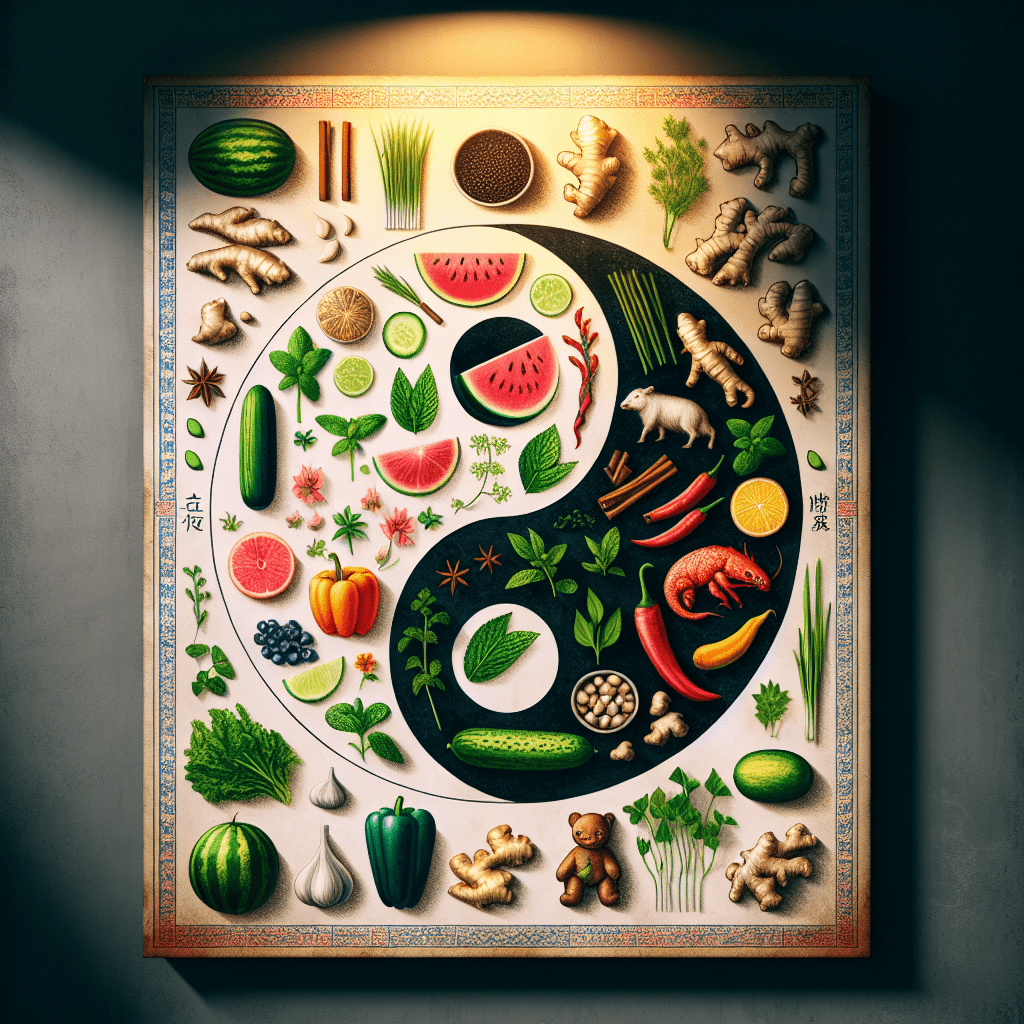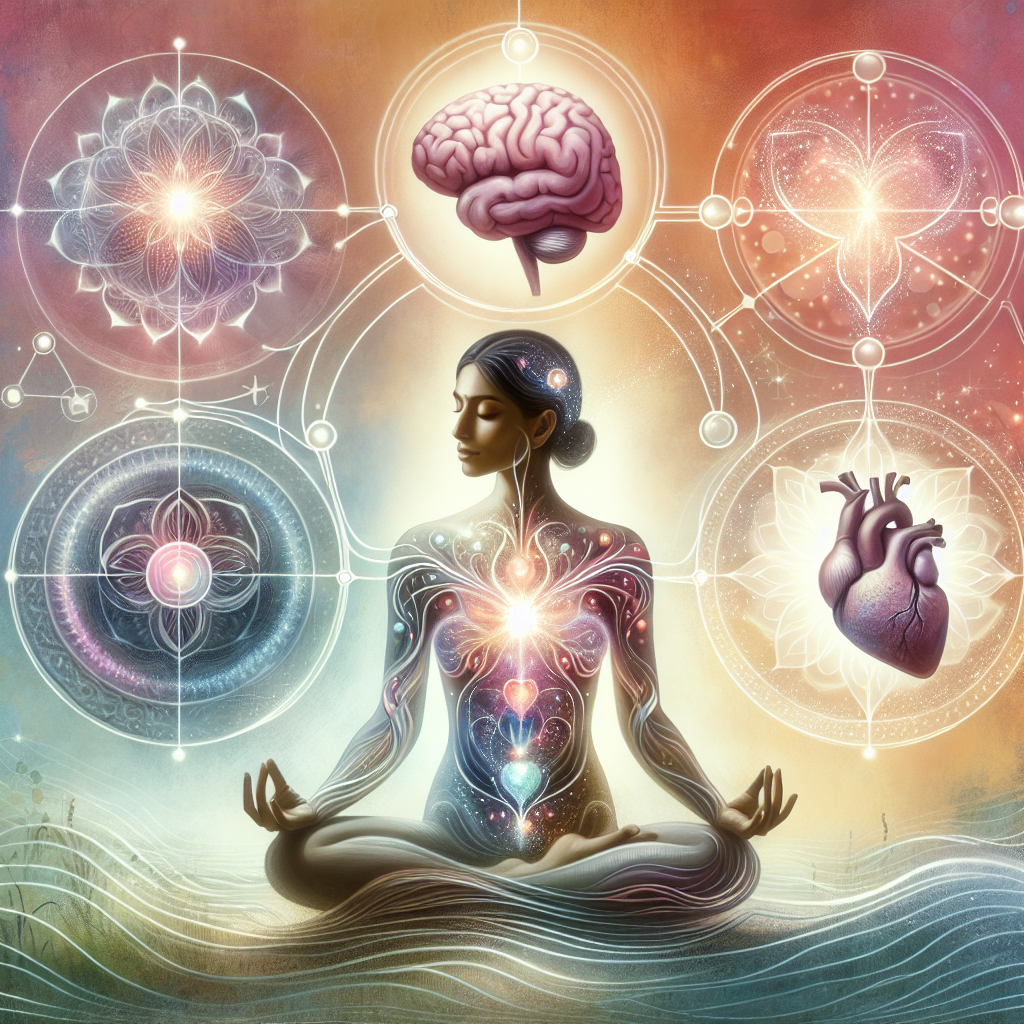Have you ever noticed how the most revolutionary solutions to modern problems often come from ancient wisdom? This is especially true when it comes to our approach to nutrition and wellness. While we’re constantly bombarded with the latest diet trends and superfood crazes, there’s something profoundly powerful about turning to time-tested Eastern philosophies that have guided health practices for thousands of years.
As a Nutrition Health Coach in today’s fast-paced world, integrating these ancient principles into modern dietary recommendations isn’t just beneficial—it’s transformative. The beauty of Eastern nutritional wisdom lies in its holistic approach, viewing food not just as fuel but as medicine, and eating not just as consumption but as a sacred practice that connects us to the rhythms of nature and our own bodies.
Eastern wisdom offers us something our modern diet culture often lacks: balance, harmony, and a deeply personalized approach to nourishment. Rather than prescribing one-size-fits-all solutions, these ancient traditions recognize that each person has unique constitutional needs that change with the seasons, our age, and our life circumstances.
The Timeless Principles of Eastern Nutritional Wisdom
At the heart of Eastern approaches to nutrition—whether we’re talking about Traditional Chinese Medicine (TCM) or Ayurveda—is the concept of balance. Unlike Western nutrition that often focuses primarily on macronutrients and calories, Eastern systems view food through a more nuanced lens.
In TCM, this manifests as the balance of yin and yang energies, while in Ayurveda, it’s about harmonizing the three doshas (Vata, Pitta, and Kapha). Both systems share the fundamental belief that imbalance leads to disease, while balance creates optimal health.
One of the most practical applications of this philosophy is seasonal eating. Eastern traditions have long emphasized the importance of aligning our diets with the natural cycles of the year. As a Nutrition Health Coach, understanding this principle can radically transform how you guide clients.
For example, in spring, TCM recommends consuming more foods with a natural sweet flavor that helps nourish the body, like lightly cooked spring vegetables—asparagus, zucchini, and carrots. This isn’t just about eating what’s available; it’s about consuming what the body needs during specific seasons to maintain harmony with nature.
Another cornerstone of Eastern nutritional wisdom is the concept of constitutional types. In Ayurveda, understanding whether someone is predominantly Vata, Pitta, or Kapha determines their ideal diet. Similarly, TCM classifies people according to patterns that inform dietary recommendations.
Unlike generic dietary advice, this personalized approach recognizes that what works wonderfully for one person might create imbalance for another. As one Ayurvedic principle states, “When diet is wrong, medicine is of no use; when diet is correct, medicine is of no need.”
Eastern traditions also place significant emphasis on how we eat, not just what we eat. Mindful eating—consuming food with intention, awareness, and gratitude—is built into these systems. According to TCM principles, mindful eating involves choosing foods that align with the season and enjoying warm, nourishing meals that support digestive fire rather than extinguishing it.
Practical Applications for the Modern Nutrition Health Coach
As a Nutrition Health Coach looking to incorporate Eastern wisdom into your practice, there are several practical strategies you can implement with clients.
First, introduce the concept of seasonal eating as a foundational principle. This doesn’t mean clients need to completely overhaul their diets with each changing season, but rather make mindful adjustments. For instance, in summer, recommend cooling foods like cucumber, watermelon, and mint to balance the heat, while in winter, suggest warming foods like ginger, cinnamon, and root vegetables to nourish and protect the body from cold.
One client I worked with struggled with persistent digestive issues despite following a “healthy” diet by Western standards. When we adjusted her meals to align with seasonal recommendations—incorporating more cooked foods in winter and gradually shifting to lighter, cooling foods as spring arrived—her symptoms improved dramatically within weeks.
Second, work with clients to identify their constitutional type or pattern. This might involve a detailed intake process that considers not just food preferences but also sleep patterns, emotional tendencies, and physical characteristics. While a full analysis might require specialized training in Ayurveda or TCM, even a basic understanding of these systems can help you provide more tailored advice.
For example, a client with Vata dominance (characterized by dryness, coldness, and irregularity) might benefit from warm, moist, grounding foods eaten on a regular schedule, while someone with more Pitta qualities (heat, intensity) might need cooling, calming foods and should avoid excessive spices or alcohol that could further aggravate their constitution.
Third, emphasize the medicinal properties of foods. Both Ayurveda and TCM view food as medicine, with specific ingredients offering therapeutic benefits beyond basic nutrition. Turmeric for inflammation, ginger for digestion, and cinnamon for blood sugar regulation are just a few examples of how common kitchen ingredients can address specific health concerns.
Sarah, a client with chronic joint pain, found significant relief when we incorporated anti-inflammatory spices like turmeric and ginger into her daily meals, along with seasonal adjustments to reduce foods that TCM identifies as potentially exacerbating inflammation. This approach complemented her medical treatment, eventually allowing her to reduce her medication with her doctor’s approval.
Fourth, teach the importance of proper food combinations. Ayurveda, in particular, offers detailed guidelines about which foods should or shouldn’t be eaten together for optimal digestion. While some of these rules may seem complex at first, even simple principles like avoiding mixing dairy with fruit or fish can make a significant difference for clients with digestive sensitivities.
Finally, introduce the concept of eating according to the time of day. Both systems recognize that our digestive capacity varies throughout the day, typically being strongest at midday and weaker in the evening. A Nutrition Health Coach can guide clients to eat their largest meal when digestion is most robust and keep evening meals lighter and earlier to support better sleep and digestion.
The Innovation of EASTCHI AI: Bridging Ancient Wisdom and Modern Technology
While these Eastern principles offer profound guidance for nutrition and health, their complexity can sometimes feel overwhelming in our modern context. This is where innovative approaches like HerbalsZen’s EASTCHI AI platform come into play, bridging the gap between ancient wisdom and contemporary needs.
EASTCHI AI stands at the cutting edge of wellness technology, uniquely fusing 2,000-year-old Eastern medical knowledge with sophisticated artificial intelligence. This revolutionary approach allows for truly personalized nutrition guidance based on Eastern principles, made accessible for today’s health-conscious individuals.
The platform analyzes individual constitutional types through Five Element Theory, offering insights that would traditionally require years of study to master. For Nutrition Health Coaches, this means having a powerful tool that can provide deeply personalized recommendations based on each client’s unique characteristics.
One of the most impressive aspects of EASTCHI AI is its ability to offer seasonal dietary guidance that adjusts automatically throughout the year. This feature ensures that nutritional recommendations remain in harmony with nature’s cycles—a cornerstone of Eastern medicine that’s often overlooked in contemporary practice.
The system embraces the Eastern concept of food as medicine, recommending specific ingredients and meals that address individual health concerns. Rather than taking a one-size-fits-all approach, EASTCHI AI creates truly customized nutrition plans that honor both ancient wisdom and modern nutritional science.
For example, a client with a tendency toward what TCM would identify as “dampness” might receive recommendations for foods that help resolve this pattern, along with suggestions for preparation methods and eating habits that support optimal digestion and nutrient absorption.
This technology doesn’t replace the human element of nutrition coaching—rather, it enhances it, providing both coaches and clients with insights that might otherwise take years of specialized study to develop. By automating certain aspects of assessment and recommendation, it allows Nutrition Health Coaches to focus more deeply on supporting clients through their wellness journey.
Embracing Eastern Wisdom for Modern Wellness
As we navigate the often confusing landscape of modern nutrition advice, Eastern wisdom offers a compass—pointing us toward balance, harmony, and personalization. For Nutrition Health Coaches, incorporating these principles doesn’t mean abandoning evidence-based practice; instead, it means enriching it with time-tested wisdom that views health holistically.
The beauty of Eastern nutritional philosophy lies in its recognition that we are not separate from nature but part of it. By eating in alignment with natural cycles, honoring our individual constitutions, and viewing food as medicine, we can transform our relationship with nutrition from one of restriction and rules to one of nourishment and harmony.
Tools like EASTCHI AI make this ancient wisdom more accessible than ever before, allowing Nutrition Health Coaches to offer truly personalized guidance without spending decades mastering Eastern medical systems. This fusion of tradition and technology represents the future of holistic nutrition—honoring the wisdom of the past while embracing the innovations of the present.
As you continue your journey as a Nutrition Health Coach, I encourage you to explore these Eastern principles and consider how they might transform your approach to client care. Whether you incorporate seasonal eating recommendations, learn to identify basic constitutional patterns, or utilize advanced tools like EASTCHI AI, integrating Eastern wisdom into your practice offers a path to more personalized, effective, and holistic nutrition coaching.
Remember that true nutrition wisdom isn’t about following the latest trend—it’s about connecting with timeless principles that honor the inherent intelligence of both nature and our bodies. By embracing this approach, you can help your clients not just eat better, but live better—in harmony with themselves and the world around them.



